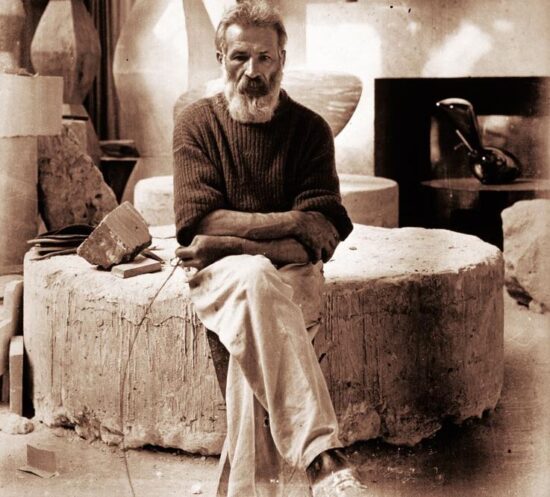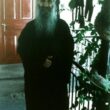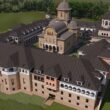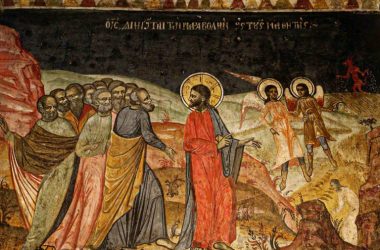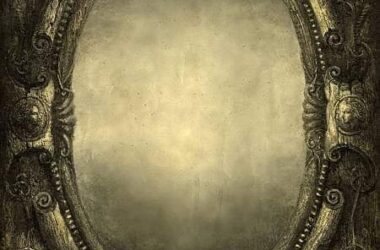This story was told by a doctor, who is now departed (he died in 1999) and who lived near Târgu Jiu.
His parents were principals at the schools in Târgu Jiu: the boys’ school and the girls’ school. His father Matei Stoicoiu bought a house right in Târgu Jiu to be close to the school.
One summer, while he was walking in the park in Târgu Jiu, he met Brâncuși in the park. They knew each other because they had been classmates in elementary school. He asked him why he had come, and Brâncuși said he had come to investigate the place in the park where he would place some monuments, which had been commissioned in memory of the heroes of the First World War. Then Matei told him that he would introduce him to his son, the doctor I mentioned, Traian Stoicoiu. So, when Traian met Brâncuși he was impressed.
Traian was upset when he told me how the communists changed the true names of Brâncuși’s works:
It wasn’t called “The Column of the Infinite” but “The Column of Infinite Sacrifice” given by our heroes. On the other hand, if you count the modules that make up the column you will get a number that represents the year of the First World War, ending with half of a module, representing half of that year.
The second monument as Brâncuși conceived it is a table surrounded by 12 chairs. So it’s not “The Table of Silence” but “The Table of the Apostles of the Nation” with Jesus Christ in the middle.
The third monument looks like a gate but it’s far from being a gate. So, it’s not called “The Gate of the Kiss” because it has no connection to the memory of the heroes, but rather the monument of the “Unification of the Nation” as each pillar consists of 4 pillars joined at the top by a beam. These represent the 8 regions that were supposed to unite with the motherland, Romania.
The world must know that Brâncuși was a symbolist sculptor. The communists didn’t like the names given by Brâncuși to his works. Since then it has remained that way, and Romanians seem almost apathetic, unwilling to change anything.
Before he died, the doctor said to pass on these things to the country that he knew perfectly.
Liviu Pop

